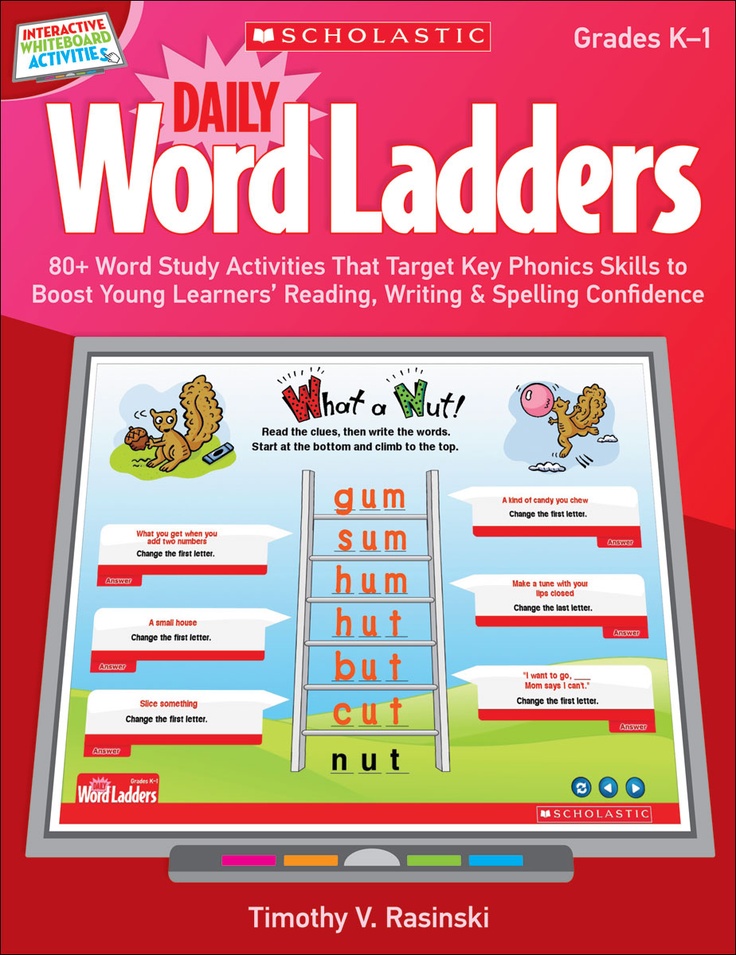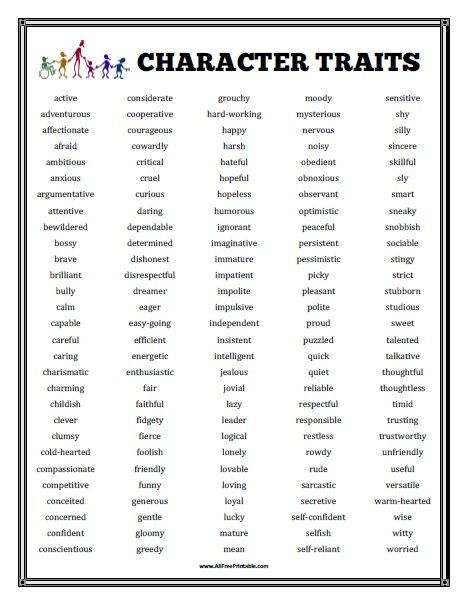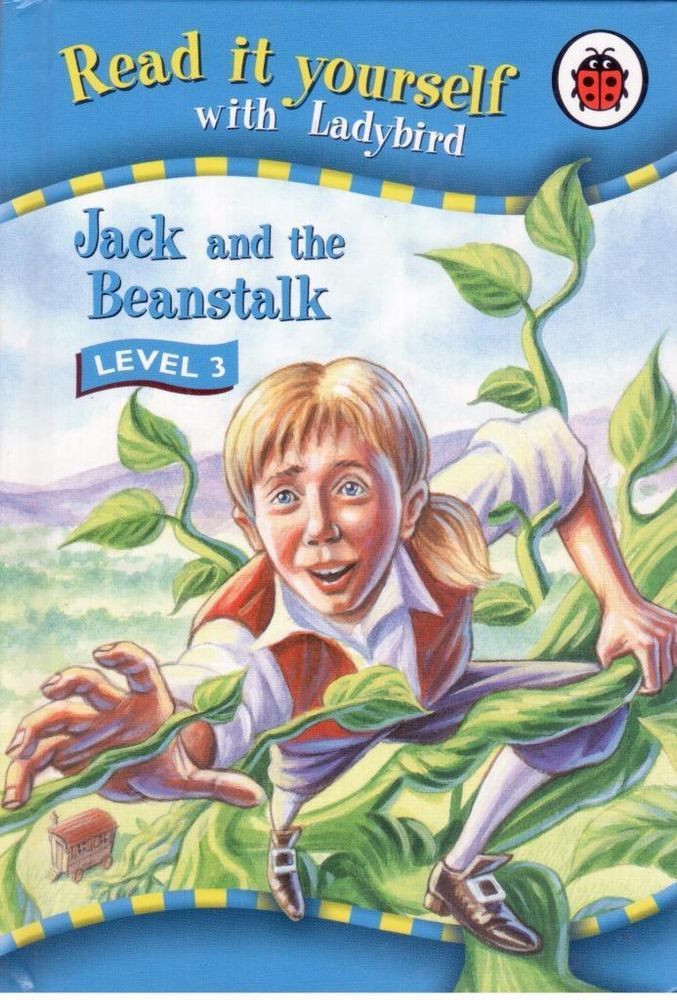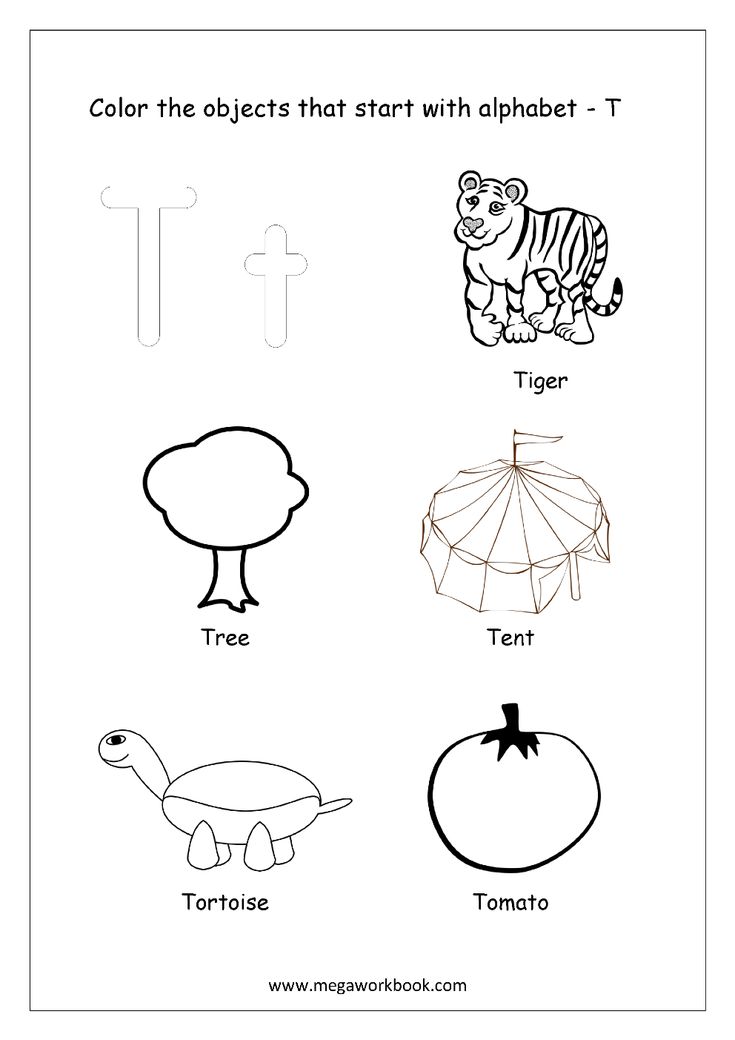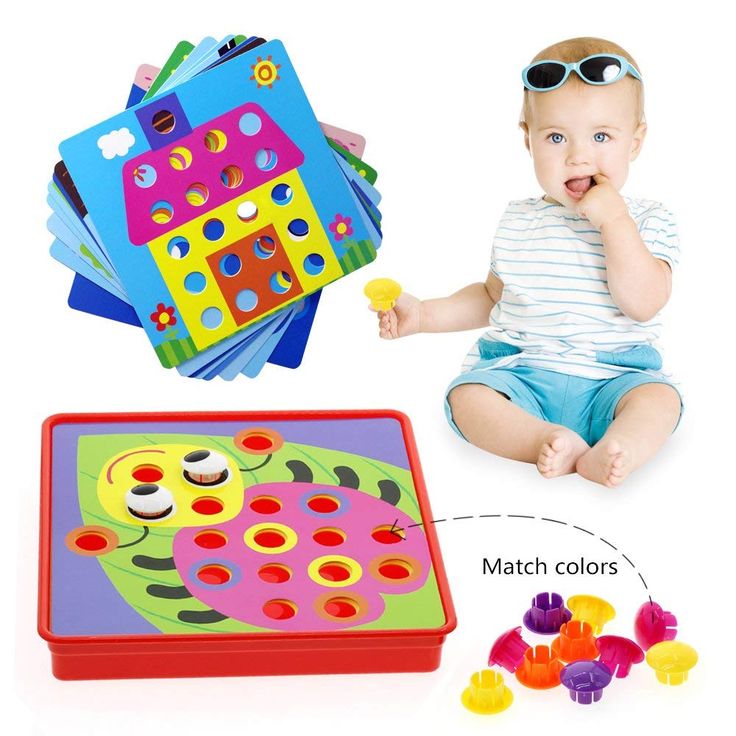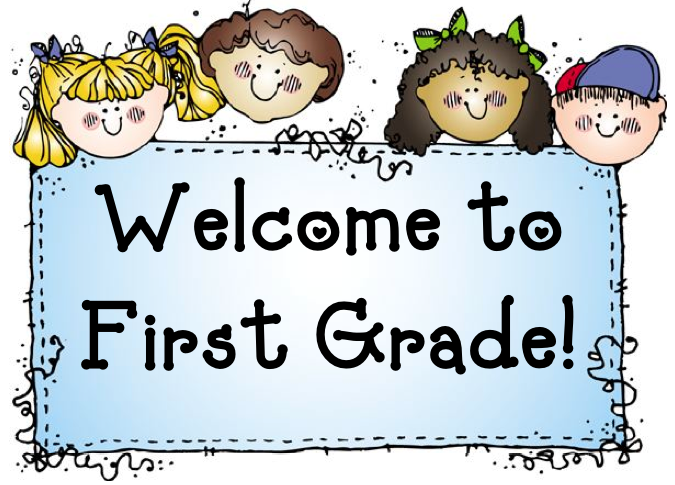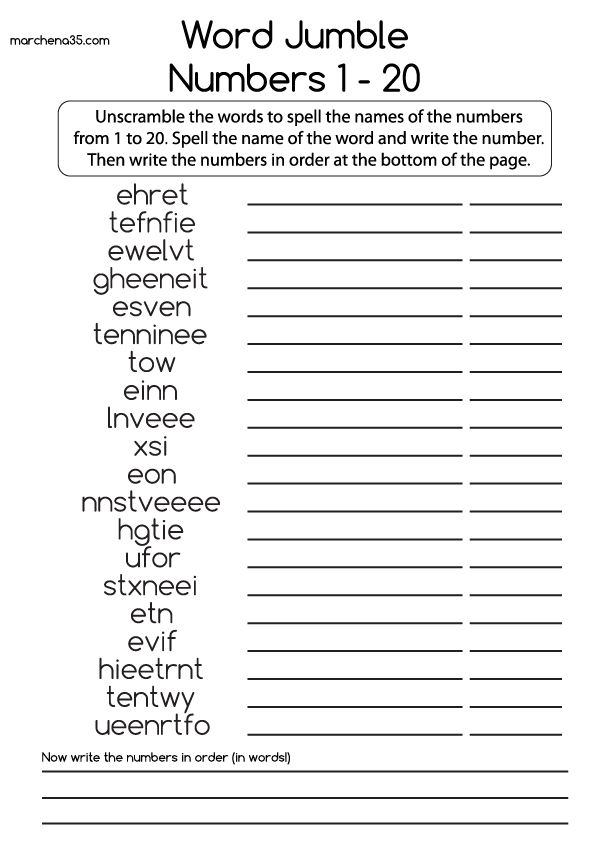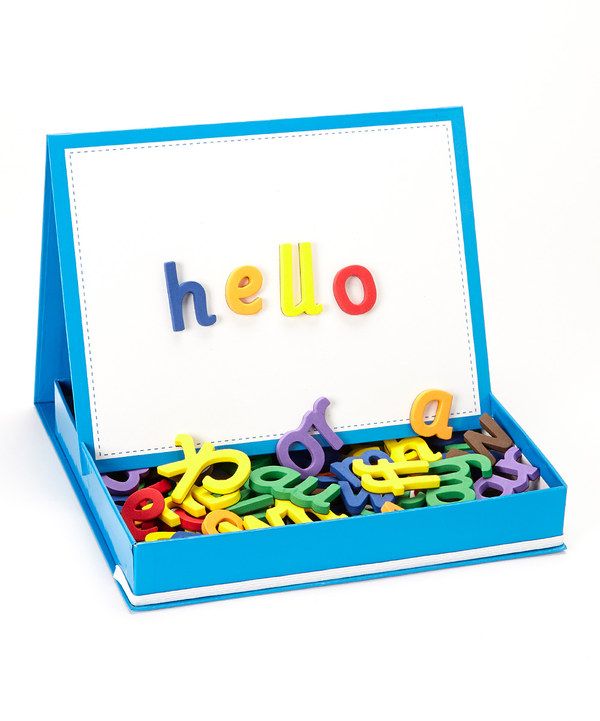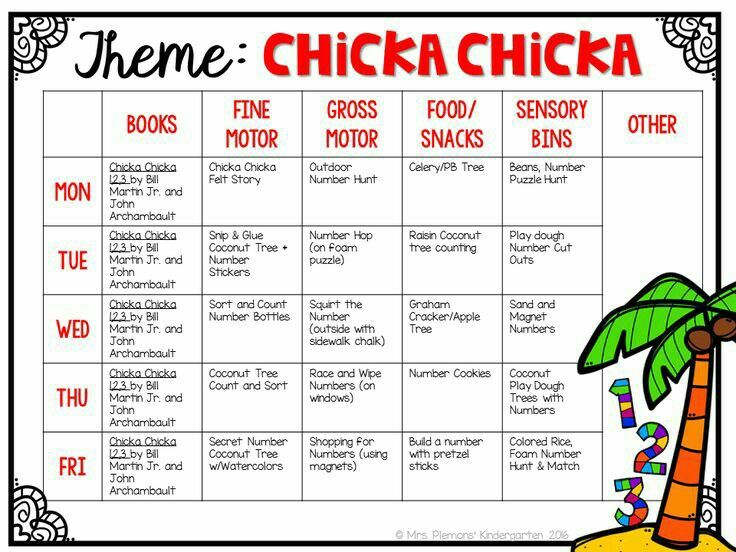Reading and spelling games
Help
Problem: The website is blocked to my students
Do your students get a message similar to "website can't be reached"?
Solution: Contact your school's technology department, or someone at your school who's in charge of the internet, and tell them you wish to use this website with your class. They can simply unblock it by adding it to their list of approved websites within a couple of minutes.
How can I save my lists?
After you type your list, click the "Save list / Open saved list" button. Then, type a title for your list, and click the "Save" button.
You can save this way up to 24 lists. They will be stored locally in your browser's cache. Note that if you delete your browser's "history" then your saved lists might get deleted.
Problem: I can't save lists / Saved lists are erased
Your lists might not be saved due to the following reasons:
1. Too strict privacy settings in your browser. (try reducing it, or try another browser).
2. Too strict anti-virus or firewall settings. (try reducing it).
3. In schools, web administrators often disable some features of the computers such as the ability to save changes that you've made.
If you can't get your lists saved, you can always save your lists in a document, as described in the following section:
Saving lists permanently
You can save lists permanently in a text document.
Copy the sharing code (see the section below about sharing lists), and paste it inside a text document (such as MS Word or Google Docs). Type your title above it. You can paste this way as many lists as you wish. Save the document.
In most document types, when you click the sharing code it will automatically open the website with your list inside it.
How Can I share my list with my students?
After you type your list, click the "Share this list" button. An address that contains your list will appear. Copy it, and paste it in your class's website, or in your Google Classroom.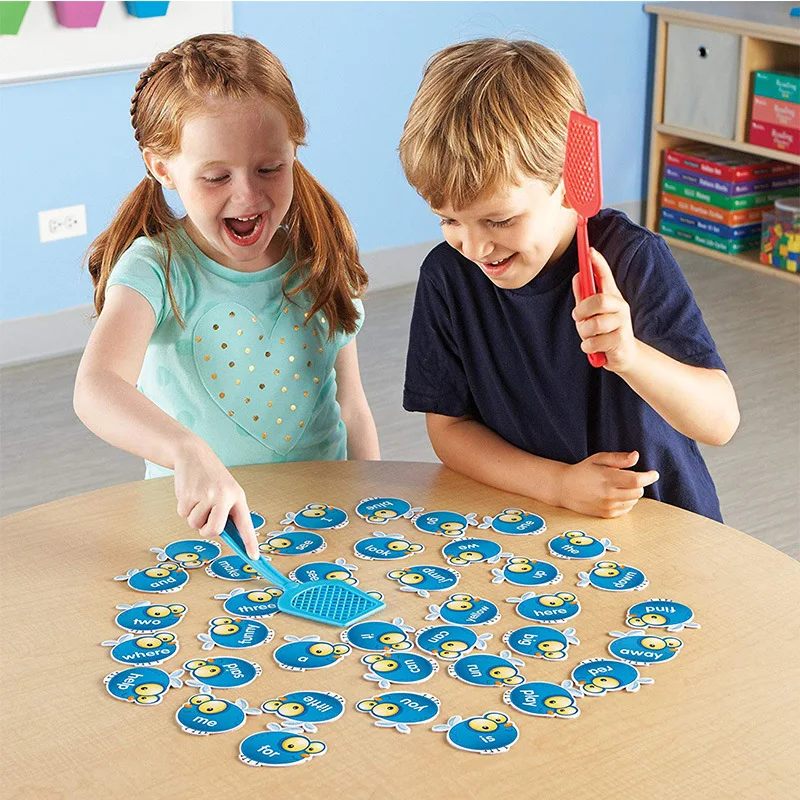
Problem: A game stopped working (can't hear sound, or the screen is black, or doesn't load)
Note that old computers (older than 4 years) might have trouble running some of the games.
Solutions:
1. Try reloading the page (use the "reload" button on the browser, or the F5 key on the keyboard).
Does it work now? If it doesn't, then try the following:
2. Close the browser, including all its open tabs (better save your word list before closing). If you can, close other computer programs that are open too.
Now wait a few seconds (to let the computer's memory get flushed).
Now open the browser again, get back into spellingtraining.com, go to the problematic page and reload it again.
If it still doesn't work, then:
3. Try the website with another browser (Google Chrome, Firefox, Microsoft Edge, Internet Explorer, etc.). If it doesn't work with one - it might work with the other.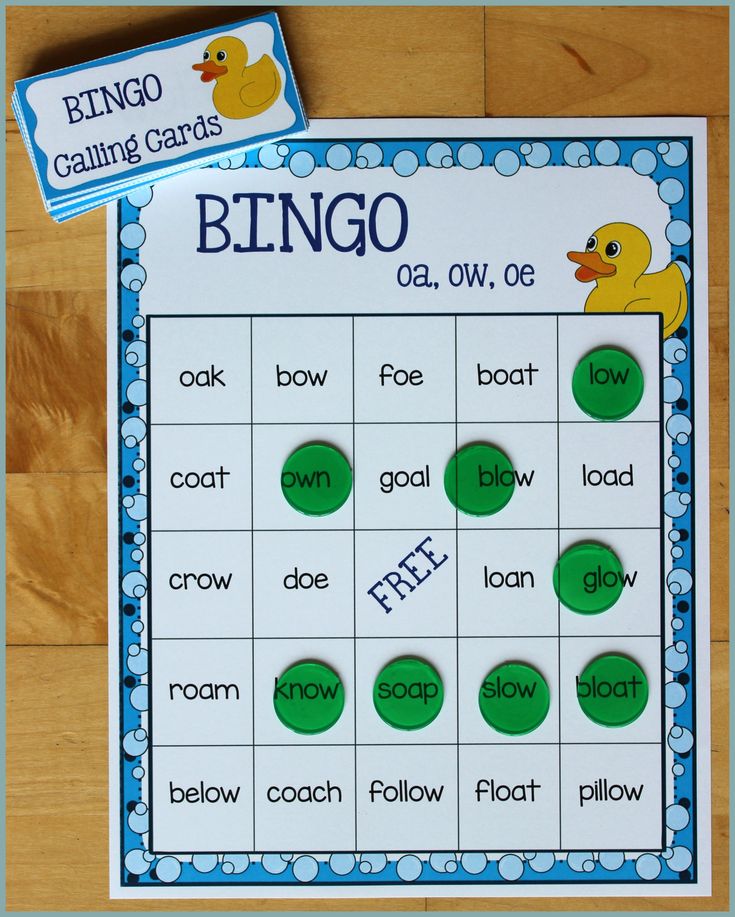
If it still doesn't work - please tell me about it! Send me an email to: [email protected]
But also in the meantime, the following solution will probably work -
4. Try using the website from another computer.
Problem: Some games are suddenly missing (Rollercoaster, Dragon)
Solution: If you browse from a computer and this happens, try the following:
1. Maximize the browser's window size. The games might now reappear.
2. Try zooming out by clicking "Ctrl" with "-" (pressing Ctrl with the minus key). If you zoom out the missing games will appear.
Note that those 3d games (rollercoaster, dragon island, jungle speller etc.) won't appear on tablets and smartphones.
I didn't find an answer to my problem
If there is anything else that you need assistance with, don't hesitate to contact me and I'll do my best to help you. My email is [email protected]
9 Fun Spelling Games For Kids That You Can Do At Home
If you think all spelling games are rigid and boring, think again! At HOMER, we’re all about building confident learners ready for school and life, and we believe this can be done in fun and exciting ways!
From sneaky switching letters to jumping across letter lily pads, we’ve selected our favorite spelling games to share with you to make your child’s spelling journey an enjoyable one.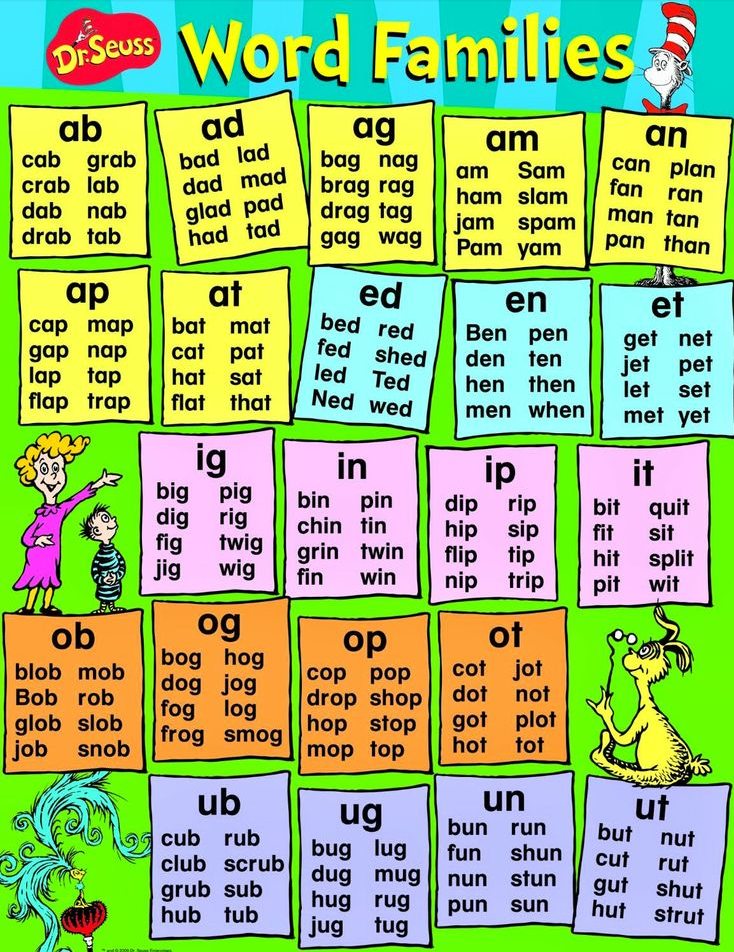
In this article, we’ll break down the importance of spelling in early learning, including the stages of spelling development.
We’ll also tell you about nine fun, simple spelling games that you can play at home with minimal equipment required. Let’s get started!
Why Is Spelling Important In Early Learning?
Spelling development is a critical skill in early learning for many reasons.
Spelling is a lifelong skill that your child will use every day, no matter the career they choose later in life, so it’s important that we build strong, confident spellers from early childhood.
As children learn to spell and write with higher accuracy, it makes their writing easier to read — not only for the adults and peers in their lives but also for themselves. This increases confidence in children as spellers and writers.
Additionally, strengthening your child’s spelling abilities assists in both reading and writing skill development.
Phonetically reading and spelling are connected in that reading involves blending sounds into words and spelling involves separating sounds to write a word.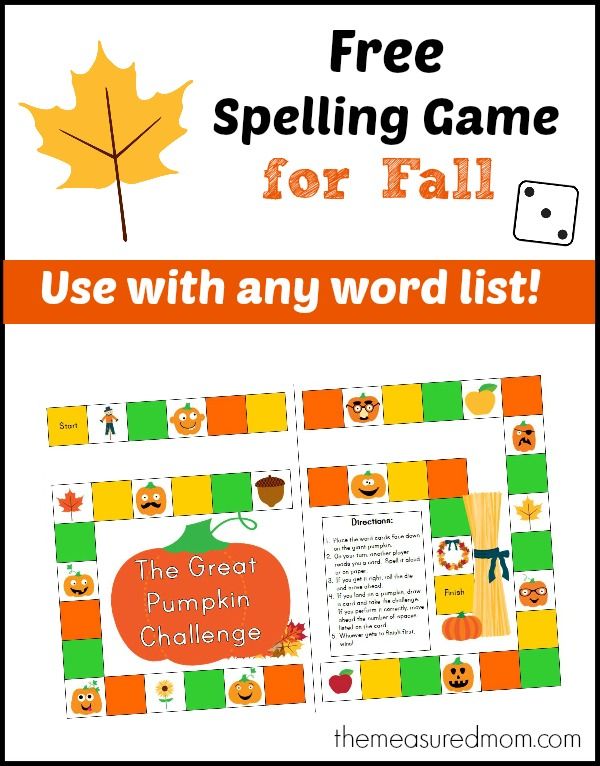
Taking advantage of this skill reversibility is a plus for early readers and will help your child simultaneously build skills in reading and spelling.
The Stages Of Spelling Development
The five stages of spelling development are the precommunicative stage, the semiphonetic stage, the phonetic stage, the transitional stage, and the correct stage.
Here’s a closer look at each of these stages.
Precommunicative Stage
The precommunicative stage is the first phase of spelling development. If your child falls into this group, they don’t yet understand letter-sound correspondence, which is the relationship between written and spoken language.
Children in the precommunicative stage also haven’t yet grasped the difference between upper and lowercase letters, and they may not know the entire alphabet. But that doesn’t mean they’re not trying to learn those letters.
At this stage, children are usually scribbling. Sometimes those scribbles look very similar to our alphabet.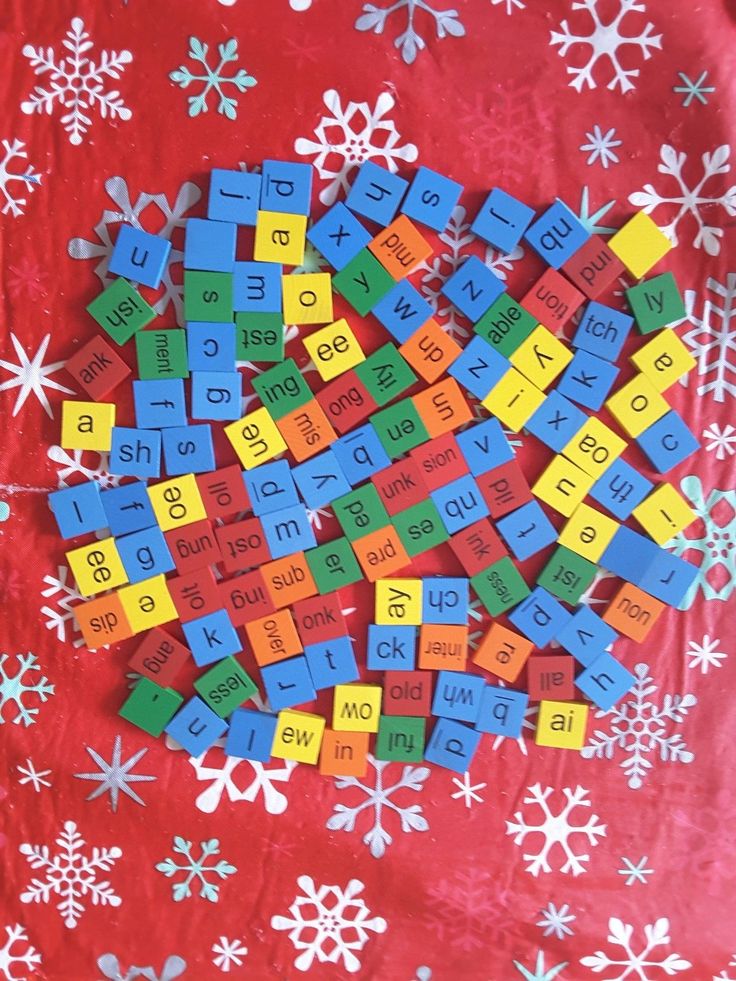 Other times, not so much.
Other times, not so much.
All this scribbling and letter learning helps prepare them for the next exciting stage!
Semiphonetic Stage
The big milestone of this stage is that a child begins to understand letter-sound correspondence.
Children arrive at this milestone by learning how to connect written letters to the sounds they make. For instance, for the letter “p,” they may say “puh” to indicate the sound it makes in words.
Another interesting element of this phase is that children may ignore vowels when spelling words. Instead of writing “because,” they may spell it as “bkz.” The child hears the /b/ and the /k/ but attributes the /k/ to K, not C, and the buzz sound for S, which is almost a Z sound.
While it can be tempting to try to correct your child, that shouldn’t be the focus at this stage. Instead, celebrate their progress because this phase won’t last long.
Phonetic Stage
You will notice further development of letter-sound correspondence at this stage.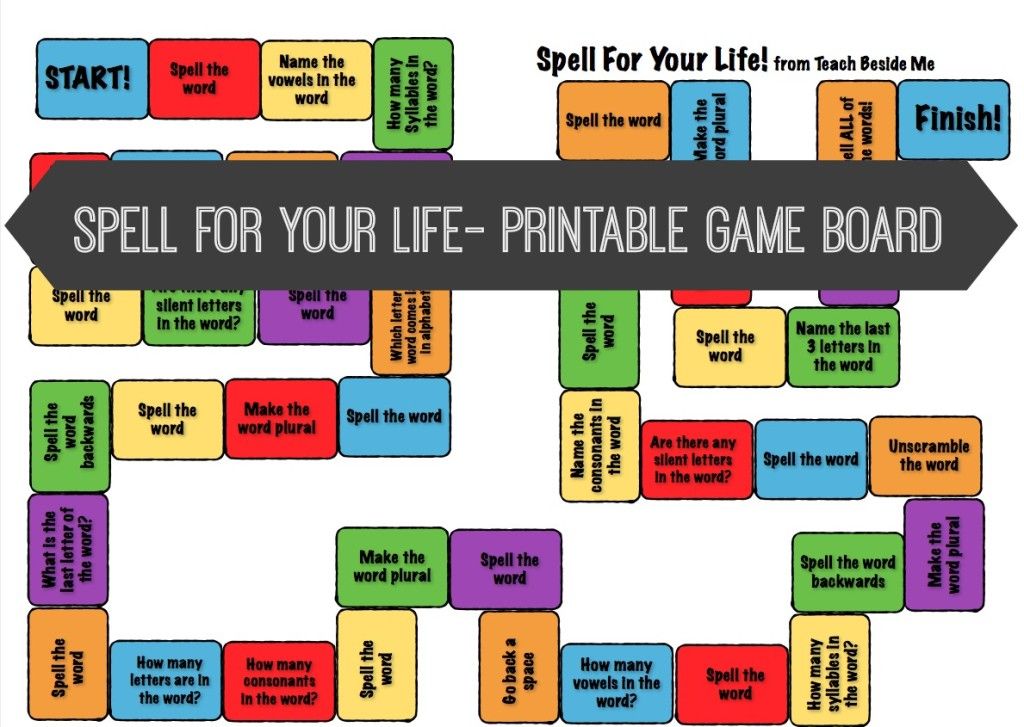 Your child will also show an improved understanding of consonant-vowel-consonant (CVC) words, such as pan, bit, dog, cat, etc.
Your child will also show an improved understanding of consonant-vowel-consonant (CVC) words, such as pan, bit, dog, cat, etc.
Children at this spelling stage will begin to understand letter chunks. This is when we connect more than one letter to create a specific sound. For example, ch, sh, br, etc.
The phonetic stage is a major milestone in your child’s spelling development. They are on their way to understanding the basic spelling rules of the English language!
Transitional Stage
Children show an improved ability to handle decodable and non-decodable words at this stage.
Decodable words follow the regular spelling rules and patterns of the English language. Therefore, it’s easier to sound them out when spelling. Non-decodable words are different because they don’t follow the regular patterns of our language (done instead of dun, was instead of wus, give instead of giv, etc.).
As your child’s phonetic instincts improve, they’ll get better at spelling decodable words by sounding them out.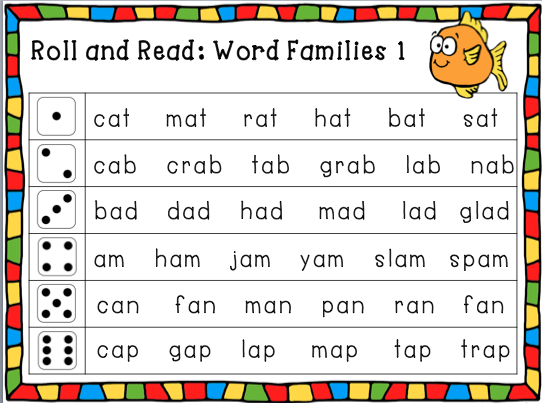
When your child doesn’t know a word, they may rely on their ability and understanding of the structure of words. But they may still incorrectly spell some words. For example, they might spell “egul” instead of “eagle.”
Since non-decodable words (i.e., sight words) don’t follow regular patterns, children may eventually learn them through memorization.
Correct Stage
When your child has reached this stage, they understand the basic spelling rules of the English language. This includes dealing with silent vowels and consonants, prefixes and suffixes, and alternative and irregular spellings.
Children can comfortably handle many words at this phase and may even notice their own spelling mistakes.
With these stages in mind, the games we’ve selected below are geared toward children in the semiphonetic, phonetic, and transitional stages.
This means we’ll be focusing on developing your child’s skills in using consonant-vowel-consonant (CVC) words, sight words, phonetic spelling, and letter-sound correspondences.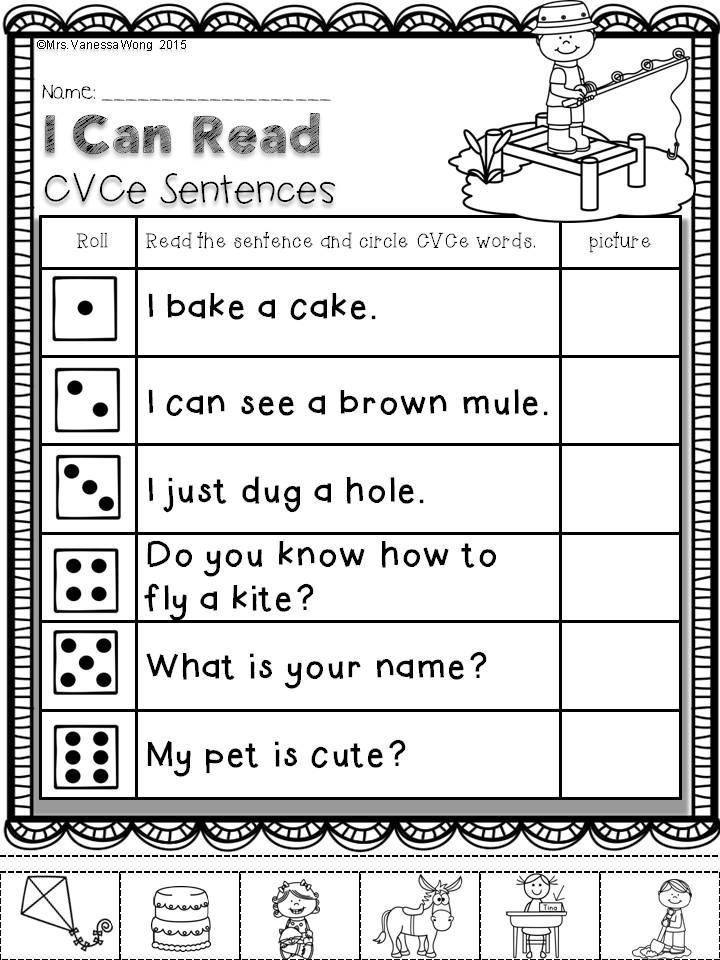
Keep reading to find out how to play our favorite spelling games!
9 Fun Spelling Games You Can Do At Home
Kindergarten Spelling Games
Throughout kindergarten, your child will begin to learn CVC words that are phonetically regular, such as bed, kid, top, and bug.
When choosing spelling games for your child in this age group, it’s best to stick to activities that include these types of words to build confidence and enhance what they’re learning at school.
Try out our favorites below!
1) Letter Switch
For this exercise, you’ll need letters written on post-it notes, magnetic letters, or some letters cut out from a magazine — whatever is most easily accessible for you.
Starting with a CVC word such as “cat”, have your child change out the first letter to create a new word, such as “pat”. It’s best to start with first-letter changes, as most children will find this the easiest way to learn.
Once your child becomes more familiar and confident with CVC words, you can increase the level of difficulty by having them change the last letters of the word (changing “pat” to “pan”, for example) and then introduce changing vowels, so “pan” becomes “pin”.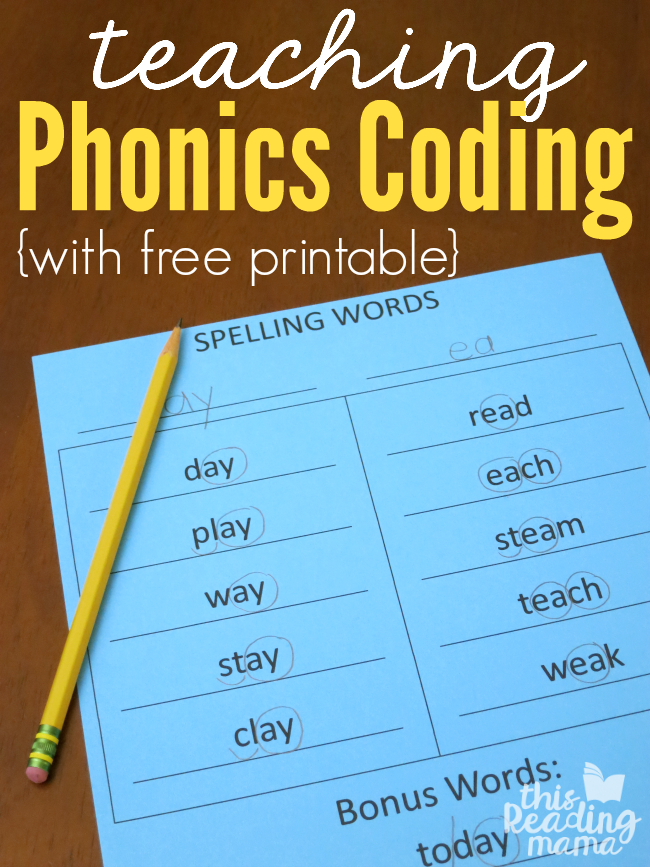
Start with a small goal — five correct letter changes equals a win, for example.
Eventually, as your child becomes stronger with their letter changes, you can increase the number of correct changes needed to win the game.
2) Create-A-Word
Start by gathering the post-it notes, magnetic letters, or cut-out letters that you would have used in our first game.
Pick out three letters in no particular order that create a CVC word, and then have your child create a word using the letters you’ve chosen.
If your child is having trouble spelling a word using the letters given, try first putting the vowel in place. This way, your child only needs to fill in the beginning and ending consonants.
Ready to increase the difficulty level of this game? Try picking out six letters and have your child spell out two words!
3) Visualize The Word
As we help our children with their spelling, it’s essential to help them visualize the words so that spelling really comes alive for them.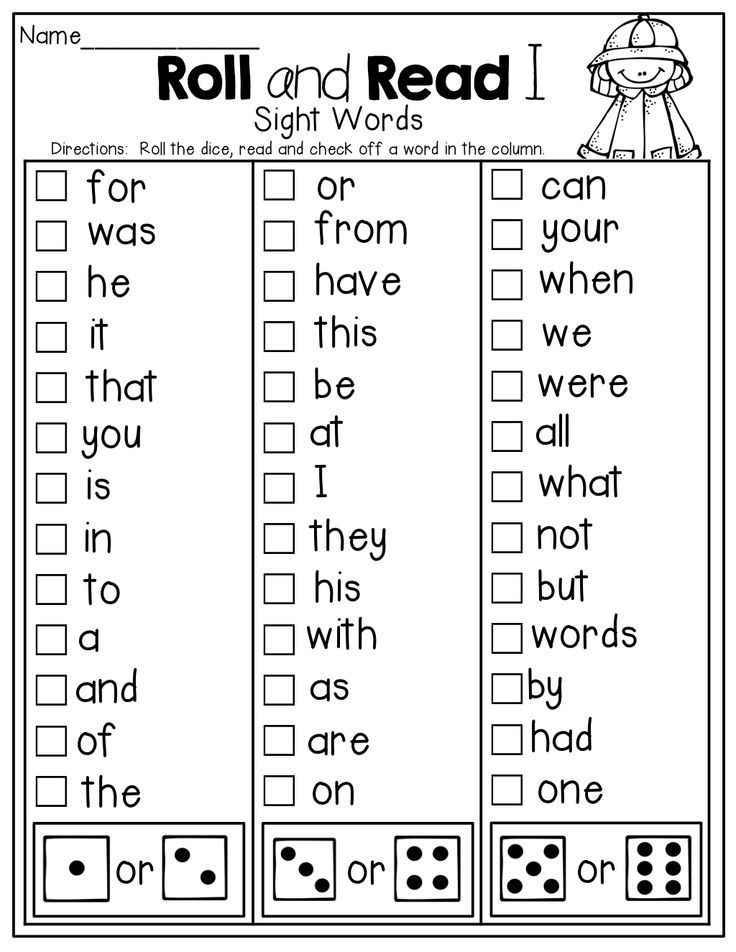 Fortunately, spelling activities can make learning to spell creative and fun!
Fortunately, spelling activities can make learning to spell creative and fun!
For this activity, you’ll need a few magazines, a pair of child-safe scissors, a glue stick, craft paper, a marker, and some crayons.
Start by introducing your child to a CVC word, like pan. Then, hand them the magazines and ask them to find the letters p, a, and n (you may want to help them look for larger words in the headlines or titles so that they’re easier to glue).
After finding these letters, have your child cut them out and paste them onto their craft paper. Once they’ve completed this, have them search for images of pans to add to their masterpiece.
Creating this art piece can help children focus on each letter individually, and the visual representations of the word may also help them remember what the term actually means.
First Grade Spelling Games
As your first grader is learning to solidify CVC words and phonetically spell words with beginning and ending consonant blends, it’s important to find spelling games that help reinforce these lessons.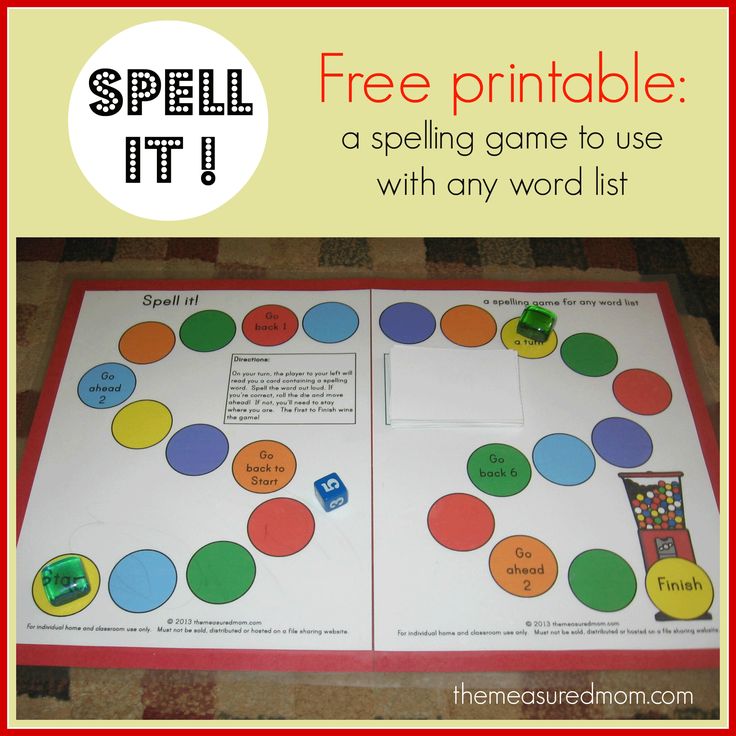
We’ve chosen our favorite games to help your first grader reinforce phonetically regular words and memorize crucial sight words that aren’t phonetically regular. Take a look below!
4) Letter Removal
Using magnetic letters or a chalkboard, select and spell out three words that your child is learning to spell.
Have your child close their eyes and take away one letter from each word. Scramble up the removed letters and once your child opens their eyes, have them remake each word.
Once they’re an expert, try taking away two letters from each word, then three, and so on. You could also add in time limits once your child is ready so they can try to beat their personal best!
5) Poster Words
Using the Dolch Word List or your child’s writing, select a word that your child is often misspelling or would like to learn to spell.
For more advanced spellers, try selecting a few words at a time to watch their progress bloom!
On a sheet of paper or cardboard (one per word), draw five large checkboxes at the top and write the word in large bubble letters in the middle to create a poster.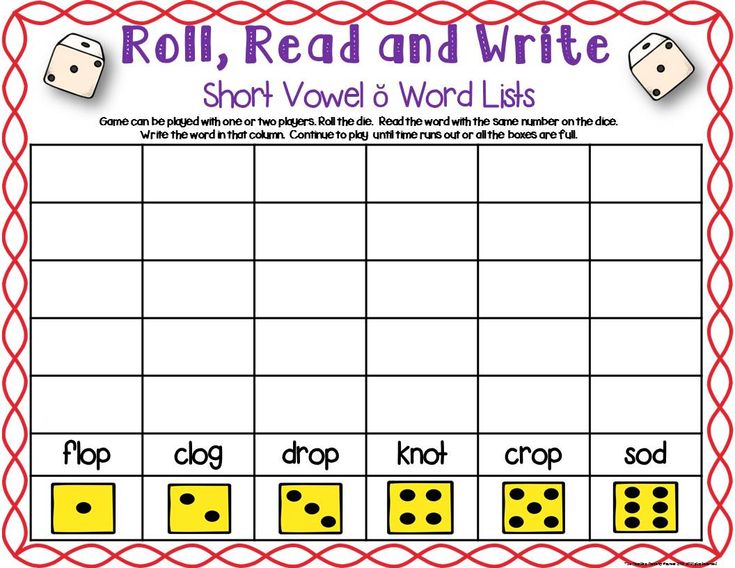
Next, spend some time decorating the letters with colorful markers, stickers, glitter — anything you want!
Once per day, have your child spell out their chosen word without looking at the poster. Each time they’re able to spell it correctly, they get to add a giant check mark to one of the five boxes.
After they’ve filled all five boxes, it’s time to create a new poster! You can even hole-punch each poster once it’s completed and store it in a loose-leaf binder, watching it get thicker and thicker as your child masters more words.
6) Unscramble The Word
For this fun game, all you need are fridge magnets or alphabet blocks.
Choose three words, and scramble their letters with the magnets or blocks. Then, have your child unscramble these words by placing the letters in the correct order.
For an increased challenge, ask them to complete this task within a certain time limit. You can even start with simple words and increase the difficulty as their spelling skills improve.
If you have multiple children, this can also be a great competitive game — the first player to unscramble all their words wins!
Second Grade Spelling Games
Your second grader now knows words with less frequent letter-sound correspondences, such as oy, oi, ou, and aw sounds. This means you can select a variety of age-appropriate words in the spelling games you play to help expand their vocabulary.
Three of our favorite spelling games for second graders are below!
7) Build A Spelling Snowman
This game is just like the traditional Hangman game, but more kid-friendly!
Start by choosing a word in your head, and on a whiteboard or piece of paper, draw the correct number of lines for each letter to be filled in as you play. For example, the word “fright” would have six blank spaces to be filled in with each correct guess.
Have your speller guess what letter might be in the word and fill in a blank with a letter on each correct guess. For each incorrect guess, gradually draw a snowman piece by piece until you run out of additions.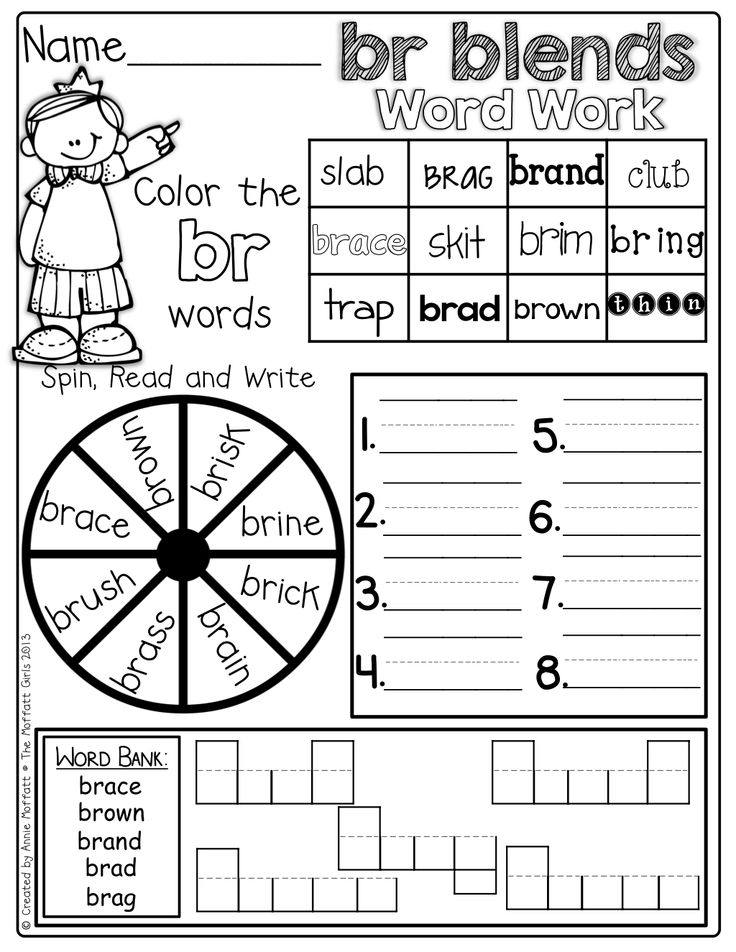
This could start with a large circle for the snowman’s body, a smaller circle for his midsection, and an even smaller circle for the head.
It’s up to you how generous you’d like to be as to how many extra parts the snowman has, but remember to draw in his sticks for arms and fingers, buttons, carrot nose, and of course, his smile!
This fun spelling game can also be played in reverse so that with each correct answer, you’re slowly building the snowman.
8) Leap Across The Spelling Lily Pads
Start this game by writing out each letter of the alphabet on separate pieces of paper to act as your lily pads.
Place the lily pads in any order on the floor and choose a word for your child to spell, saying it out loud. Start with shorter words, and then slowly build up to more complex words.
Once your child knows the word to spell, they can hop like a frog from one lily pad to another until the word is correctly spelled out.
You can add time limits or a points system
Start this game by writing out a select number of letters of the alphabet on separate pieces of paper to act as your lily pads.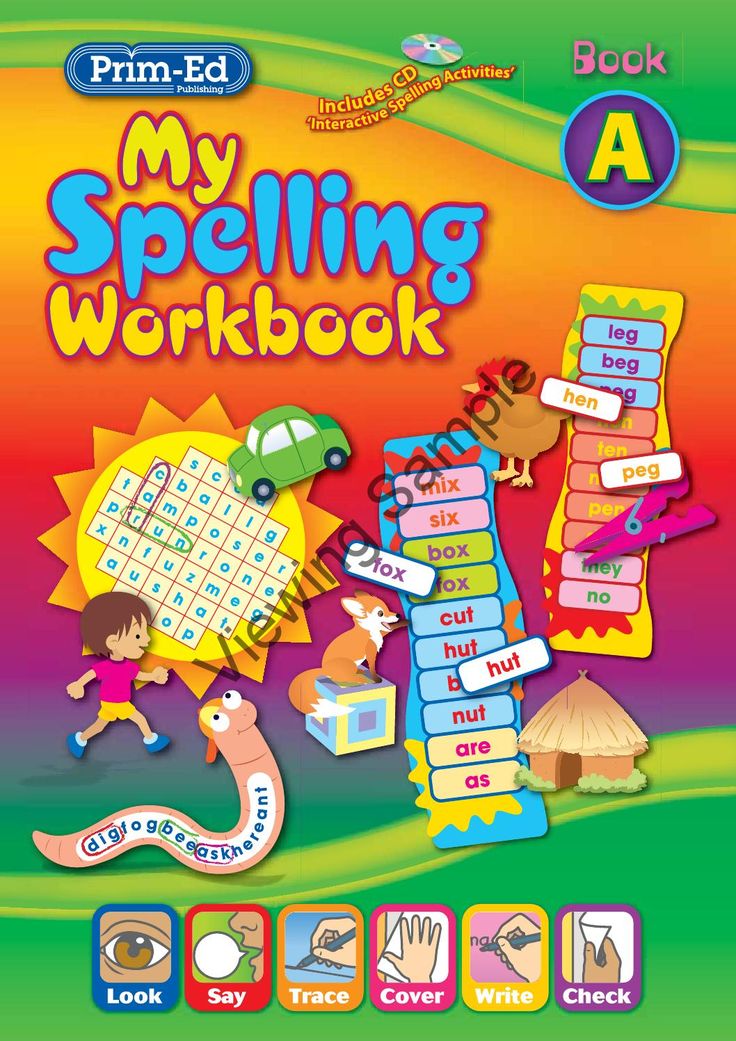
Place the lily pads in any order on the floor and choose a word for your child to spell, saying it out loud. Start with shorter words, and then slowly build up to more complex words.
Once your child knows the word to spell, they can hop like a frog from one lily pad to another until the word is correctly spelled out.
You can add time limits or a points system if your child is more advanced, and keeping track of their achievements makes this game even more fun!
9) Spell And Toss
All you need to play this game is a ball that you can easily toss around (e.g., beach ball, tennis ball, etc.). If you’re playing inside, a balled-up sock might be better.
Start by having your family stand in a circle. Then, the first player has to call out a word and toss the ball to the next player, who needs to say the first letter of the word.
When that player is done, they will toss the ball to the next person, who needs to say the second letter, and so on. When a player gets a letter wrong, they can toss the ball to the next player, who will try a different letter.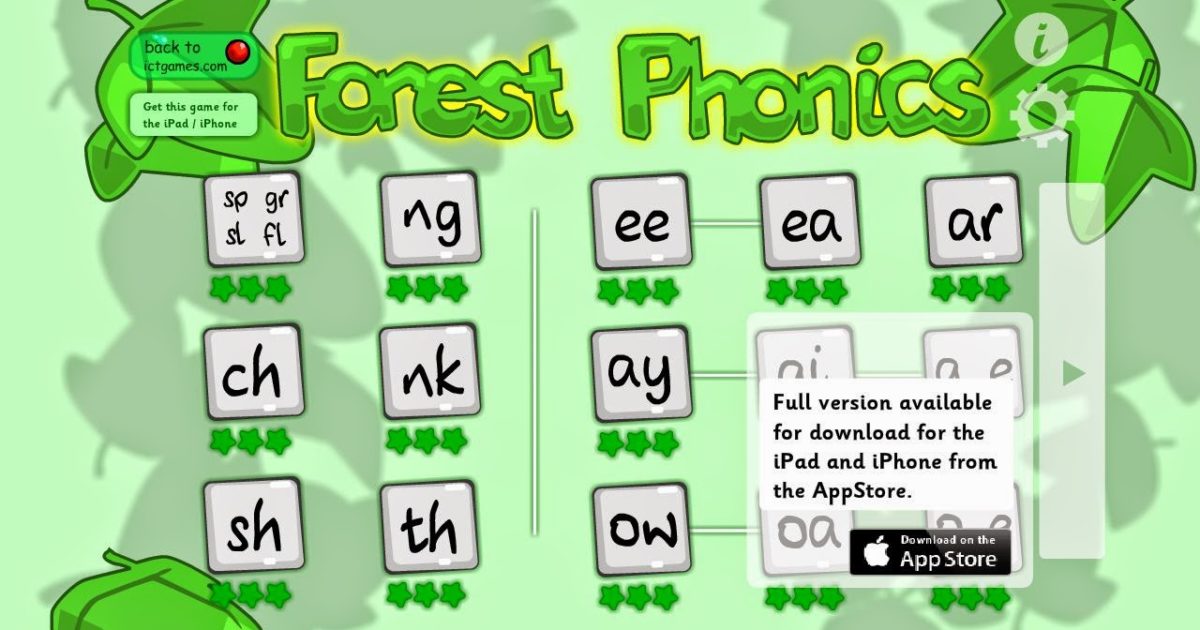
The player to say the last correct letter gets to decide the next word to spell. As your child’s vocabulary and spelling skills improve, you can pick the pace up by requiring each player to name their letter within a certain time limit.
This is also a great way to practice for the spelling tests your child will likely have once they reach second grade.
Effective Strategies To Help Your Child Spell
In addition to playing spelling games, here are some tips to help your child improve their spelling.
Focus On Phonemic Awareness
Phonemic awareness is a person’s ability to identify and manipulate sounds, specifically phonemes.
A phoneme is the smallest possible unit of sound in a language. Every word in our language is made up of phonemes, and we blend them to help us form words.
For example, “dog” has the phonemes d/o/g. So, we blend these small sounds (i.e., phonemes) to pronounce the complete word.
Understandably, children who haven’t yet mastered this skill will have some trouble spelling accurately.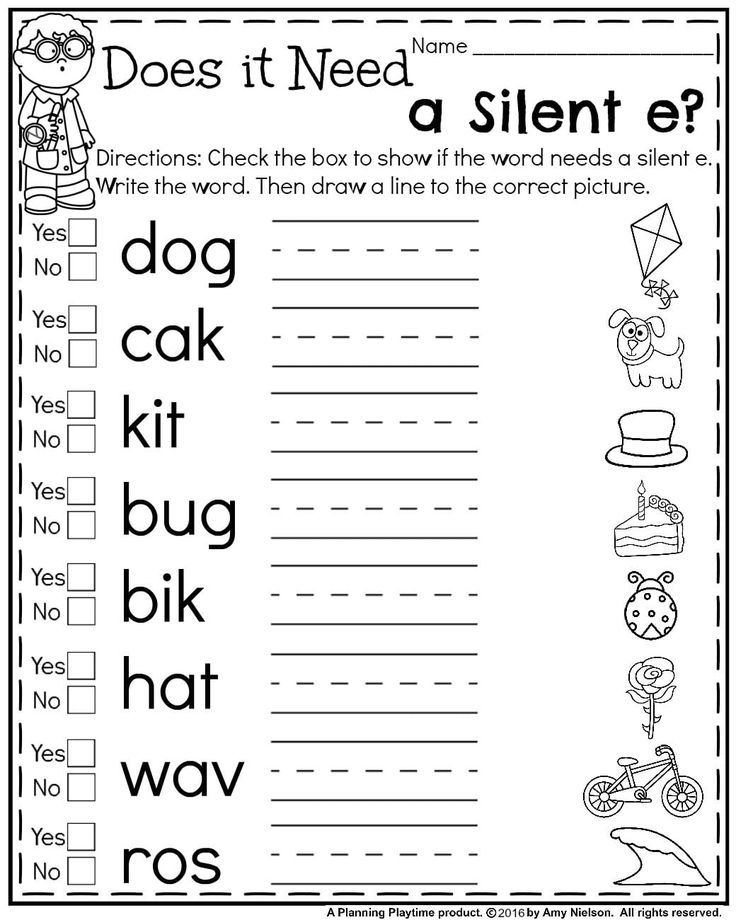 That’s why helping your child with phonemic awareness is a great place to start.
That’s why helping your child with phonemic awareness is a great place to start.
If your child is struggling with some words, you can read them out loud slowly by focusing on each phoneme and then speed up to say the entire word. For example, c/a/t. Cat!
Practice With Rhyming Words
Rhymes are a critical component of phonological awareness. But they deserve their spot on our list because of how effective they can be in helping children with their spelling.
That’s because a child who knows how to spell the word ball will find it easy also to spell all, call, fall, hall, etc.
You can check out this blog for effective rhyming strategies you can use at home.
Allow For Phonetic Spelling
This tip is important, particularly for younger spellers. Allow your child to spell a word out according to what it sounds like to them.
You can achieve this by first encouraging them to say each letter as they spell. For example, /c/ /a/ /t/ for cat or /p/ /i/ /n/ for pin (later advancing to /s/ /p/ /i/ /n/ for spin).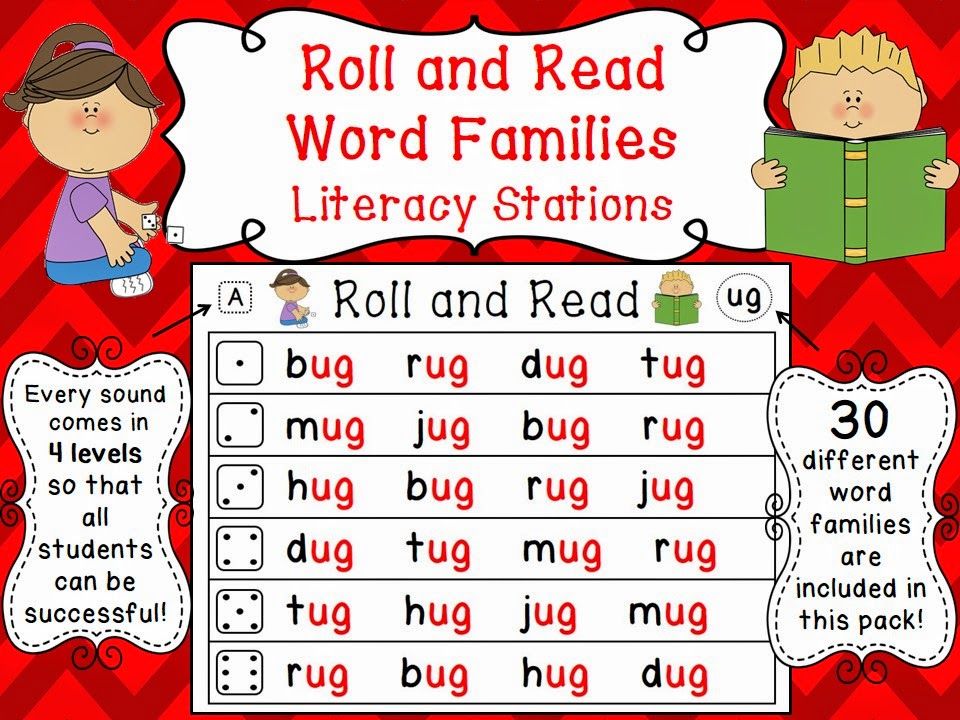
Once they’ve spelled it out, review it together while focusing on each letter. You can then talk about which letters need to be changed for the word to be correct.
Practice The Chunks In Words
As highlighted above, when we talk about chunks, we’re referring to the grouping of more than one letter together to produce a specific sound. The English language has many, such as ple, br, ch, sh, all, as well as word families such as ish, ang, ack, etc.
Allow your child to practice writing words that have the same chunks (e.g., child, chair, chain, champ, etc.) so they can familiarize themselves with the word families — groups of words with a typical pattern or feature.
The next time your child encounters a word that begins with a “ch” sound, they’ll be better equipped to spell it correctly.
Make Regular Reading A Priority
This is one of our favorite tips!
Reading has many incredible benefits for children, such as cognitive and language development, improving listening skills, and developing a child’s imagination.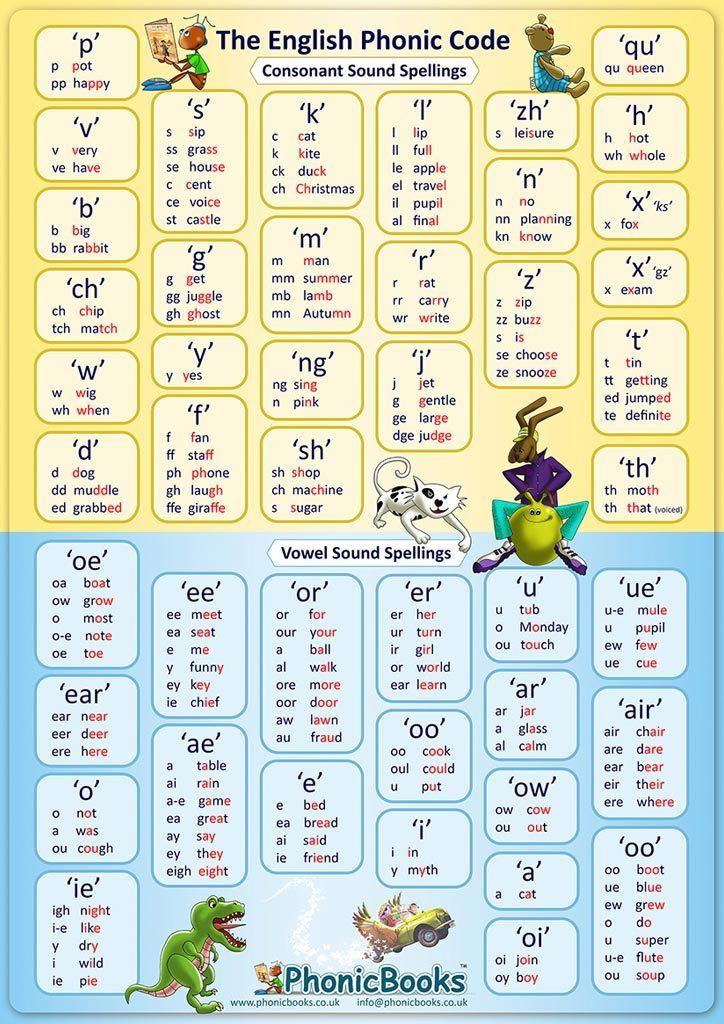 So, make this a priority by having a variety of books that you can read together.
So, make this a priority by having a variety of books that you can read together.
While reading, remember to emphasize words with specific patterns or rules. For example, if you come across the word ring, remind your young learner of the other words with an “ing” sound, like wing, sing, king, etc.
By doing this, you help your child recognize similar pronunciations and spellings more easily when they see them in the future.
Make Spelling Fun And Simple With HOMER!
With the spelling games above and some practice, your child can improve their spelling skills while having fun in the process!
One way to make spelling fun is to use our Explore Letters Kit. It is a perfect addition to your exploration of spelling, from CVC words for kindergarteners to more advanced spelling words to develop your second grader’s skills.
Packed with fun activities and expert tips and instructions, our Explore Letters Kit will take your child on a spelling journey like no other!
Author
4 English Spelling Games
Unnecessary, professor, irresistible, conscientious is just the beginning of the list of words that fall into the category: "Challengers for the maximum number of spelling errors in one word.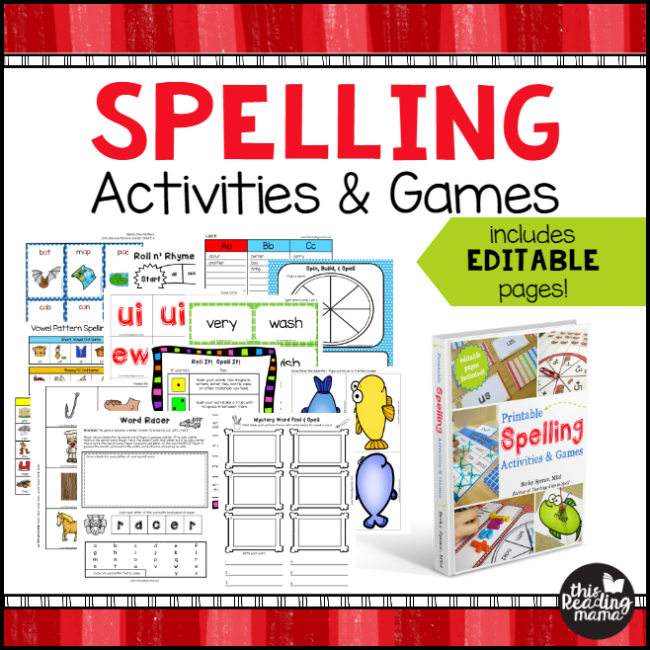 "
"
When studying words, students remember their pronunciation, but not their spelling. It is a fact.
So when it comes to writing assignments or dictations, the result leaves much to be desired. The problem of spelling concerns students of all ages and does not depend on the level of language proficiency. These exercises will help your students with vocabulary review and spelling practice.
Is that your final answer?
Step 1 . Prepare pictures with images that match the words from the topics covered. Divide the group into two teams.
Step 2. When everyone is ready, show the first picture. The first team to identify the word gets the first chance to try writing it.
Step 3. After collective discussion, the team announces its final answer. If everything is correct, the team gets a point, if there is at least one mistake in the word, then the second team gets the opportunity to spell this word.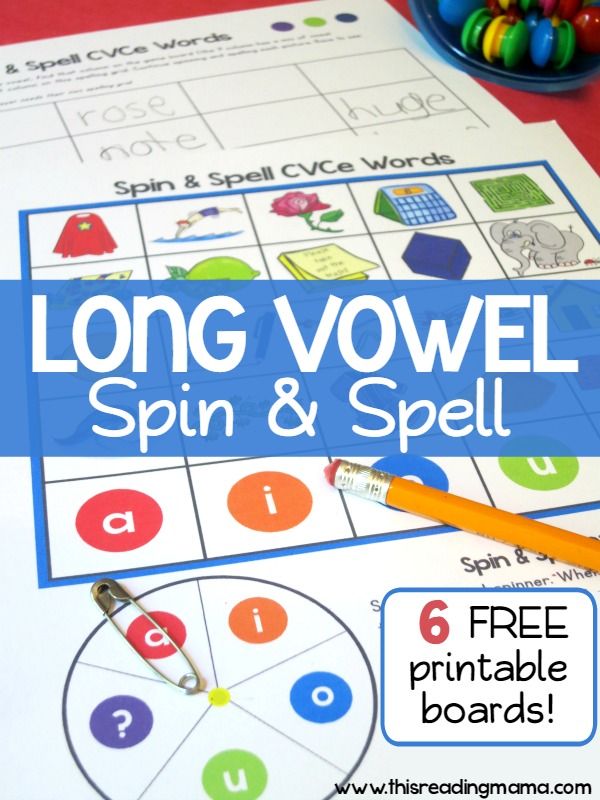
The team with the most points wins.
Spelling circles
Step 1. Prepare a list of words to repeat. Divide the group into two teams.
Step 2 . Divide the board in half and write the alphabet on both sides.
Step 3. At the same time, a participant from each team comes to the board. The object of the game is to circle the letters in the alphabet from the word you have spoken. To complicate the task, you can insist on circling the letters in the order they appear in the word.
For higher levels, instead of saying the word itself, use its explanation so that students first have to guess what it is about before finding those letters in the alphabet.
Step 4. Then the players change and continue to trace the letters of the new words. If none of the players could find all the necessary letters, the teams can help their representatives. But in this case, no team gets a point.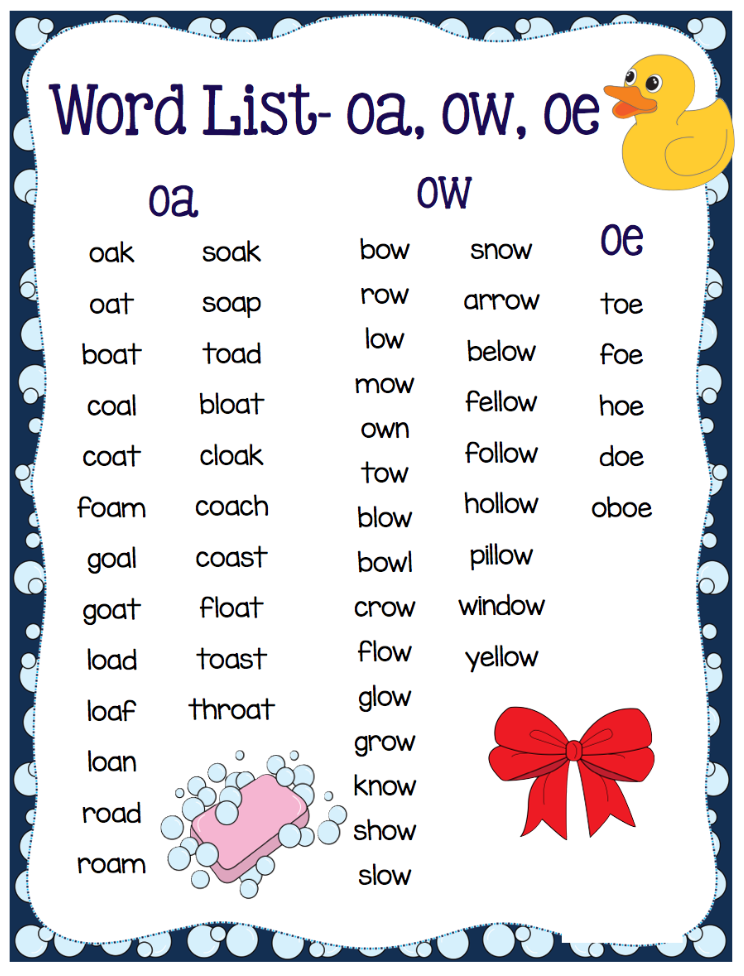
In the end, the team with the most points wins.
Hot potato
Step 1. Prepare a list of words to review. Divide the class into mini-groups.
Step 2. After that you say the word for the first command. Its participants must take turns to name the letters from this word. Teams are not given time to think - everything must happen quickly. Warn students to listen carefully to each other, as it is not possible to repeat the previous letters again.
Step 3. You repeat the same with other commands, using the following words from your blanks. In case of incorrect options, other teams have the opportunity to offer their options, for which they can receive additional points. And, of course, the winner will be the team that can correctly pronounce the most words.
To help students, write all the correct letters of the word on the board.
Body language
Step 1.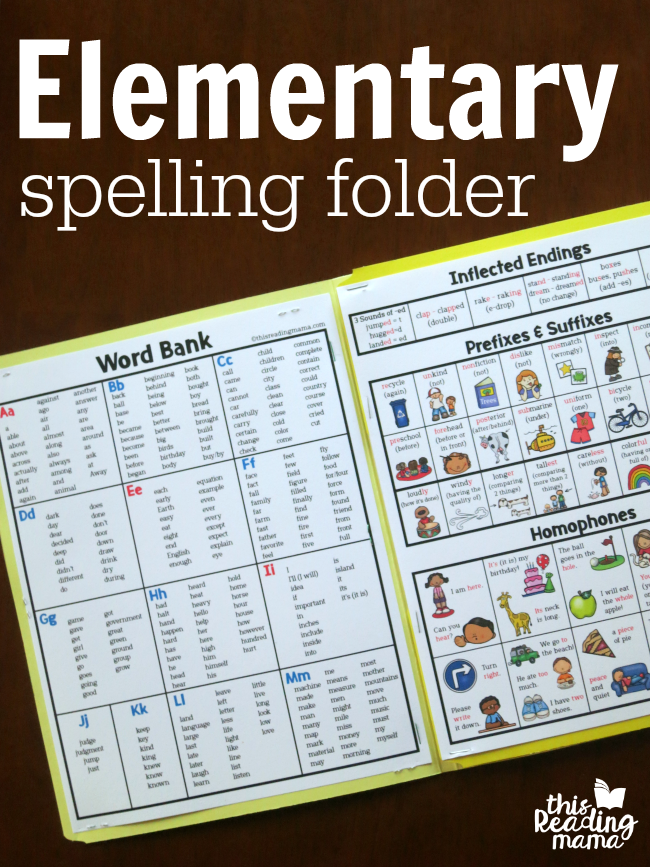 Prepare cards with the words you want to repeat with students. For example, 5 words for one command.
Prepare cards with the words you want to repeat with students. For example, 5 words for one command.
Step 2. Divide the group into teams and give them time to choose a name.
Step 3. Participants take turns drawing a word and spelling it out to their team without saying anything. The task of each player is to use the whole body to represent the letters of the word. The team, in turn, must guess what the word is, translate it, or pick up synonyms for higher levels and give an explanation.
Step 4. The team that guesses the most words wins.
Thus, the game version of the spelling exercises can speed up the memorization of difficult words. And most importantly, your students will no longer feel embarrassed by the question: “Can you spell it?”
comments powered by HyperComments
Support #Teachaholic if you find our work useful 💜
We have been developing the magazine on our own for more than 2 years, and now we really need your support!
If our materials at least once turned out to be useful to you, if you used them in your lessons and delighted your students with fresh ideas, you can tell us “Thank you” and make any comfortable contribution to our work in the form of a donation.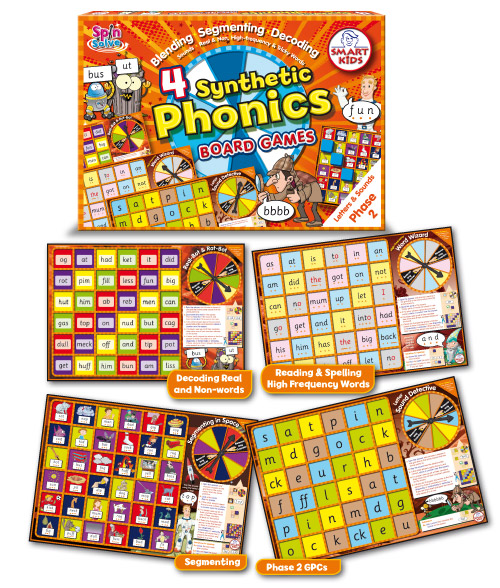
As a token of gratitude, we will send access to the webinar "Career prospects for an English teacher" to everyone who makes a donation, regardless of the amount.
Your Teachaholic.
#Teachaholic🧡
Hello, tichaholics! We have launched a new service for English teachers called "Methodological Assistance"👏👏
This is a service with which every teacher can get an assessment of the effectiveness of their lessons, an online consultation from an experienced methodologist and a clear plan for professional development!
Top 10 Sites ‹ Ingleks
Do you like games? We think that every English learner wants the learning process to be easy and fun, like a favorite game. We also believe that learning English should be fun, so today we offer you 10 sites with collections of free online games for learning English. They will help you not only have a good time, but also expand your vocabulary, improve your knowledge of grammar and spelling. Are you ready to play English?
1.
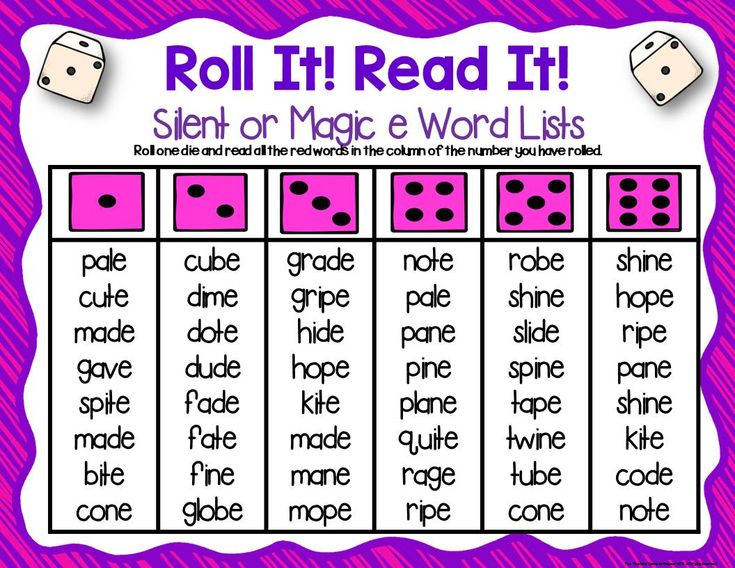 Funbrain
Funbrain Word Confusion is one of the most interesting and useful entertainment on the site. You are given a sentence with one word missing and two possible answers. You need to choose the right word for the meaning. This unique game will teach you how to use words that are often confused in English, such as there and theirs, accept and except, advise and advice. Be sure to play it!
The Plural Girls game will help you to remember once and for all how English plural nouns are written. You can play in 2 different forms: choose the correct word from two options or write the plural word yourself. In addition, there are two levels of difficulty: the first is suitable for Elementary-Intermediate, the second - for Upper-Intermediate and higher.
The game Stay Afloat is a gallows in English, only more humane: no one hangs anyone, but only sinks your boat. Choose a topic of interest and try yourself in guessing words. You can play starting from the Pre-Intermediate level.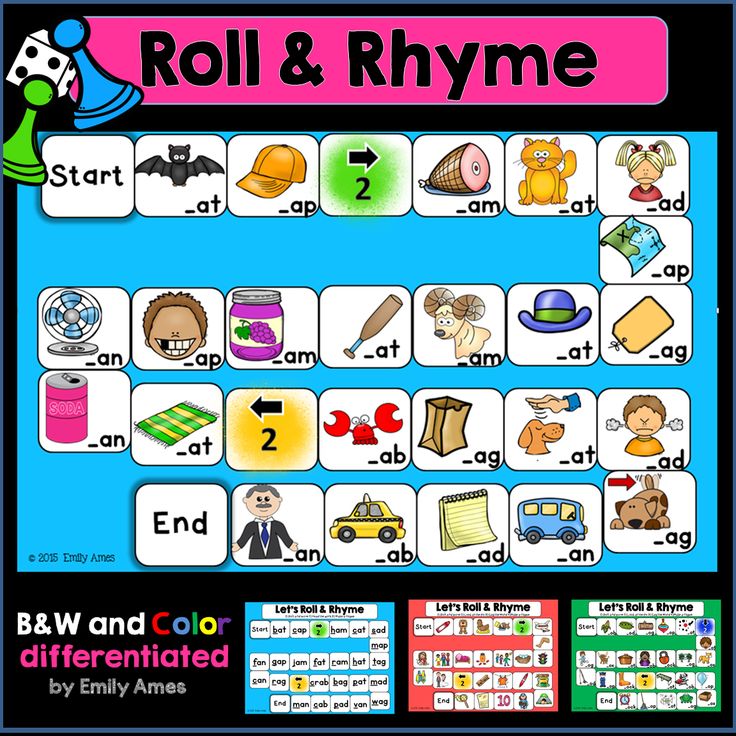
Grammar Gorillas helps you understand the parts of speech. In the game, you are given a sentence and asked to choose a certain part of speech. Completed the task correctly - your gloomy gorilla will be made happy with a banana, incorrectly - the monkey will remain hungry. The game has two levels of difficulty: for beginners and for advanced players.
Rooting Out Words is an entertaining game that will tell you about word formation. You will be offered several words with the same root and will be asked what this root means. The game offers several answers. After thinking about the meaning of the words, you can give the correct answer and earn points. Thus, having met an unfamiliar word with a root familiar to you while reading, you can guess its meaning without a dictionary.
2. Digital Dialects
This site will be useful for beginners in English, people with a Beginner level of knowledge. Each of the 10 games is a program for learning and fixing 10-15 words in memory. You can listen to their pronunciation, see what they mean (there is no translation into Russian, but you can guess from the picture). After that, you will be asked to test your knowledge during the game.
Games are extremely simple, but with their help you can easily memorize more than a hundred of the most widely used English words.
3. WeekEnglish
This is a Russian site with games for learning English. The advantage of this resource is that people with any level of knowledge of the English language can study here. All games are divided into 5 difficulty levels: from beginners and children to Advanced. With the help of games on this site, you can expand your vocabulary, solve a crossword puzzle in English, learn the rules for using prepositions, improve your spelling skills and just have fun.
4. English Media Lab
On this site you will find the best selection of online games for those who are bored of learning grammar from a textbook. Of course, it is impossible to learn from games alone, but they will help to consolidate the studied material, get distracted and have fun with benefit.
You can start playing such games from the Elementary level: choose the grammar section you are interested in and go for it. Some games are presented in the form of the same gallows, others will appeal to fans of football and basketball: with the right answer, you have the opportunity to score a goal against your opponent.
Here you will also find vocabulary games, various crossword puzzles, grammar, pronunciation and listening exercises. Also pay attention to the video in English and tests for different levels of knowledge.
5. Knoword
This game is quite challenging and is suitable for students with at least an Intermediate level. But it is very useful: with its help you can learn new words, practice writing concepts you already know, and also ... improve your knowledge of geography. Upon entry, you will be prompted to choose from three topics (classic vocabulary, US state capitals, world capitals) and three levels of difficulty. After that, start playing.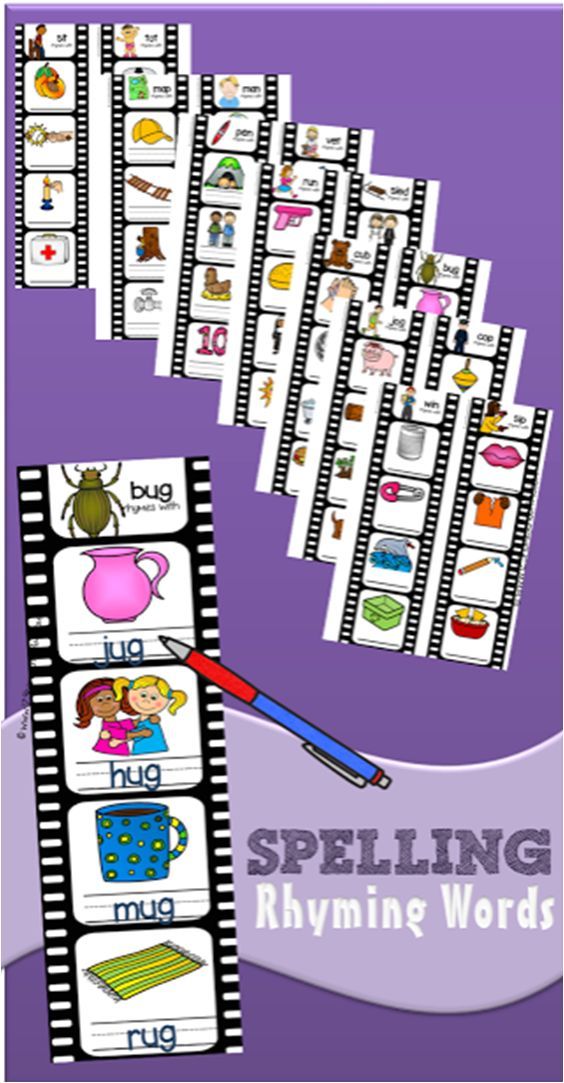
In this game you have to guess the word by its definition. You will be given a description of the concept in English, as well as open its first letter. It is necessary to write the word correctly, after which you will be given the next task. At the same time, you are limited in time: at first you are given only one and a half minutes, but you can add time and points to yourself by correctly guessing the concepts. Points are deducted for mistakes.
6. English-grammar
This is a Russian-language site that provides simple flash games for learning English. You do not need to register, and the ease of navigation and the tasks themselves allow people with the Beginner-Elementary level to study here.
The resource has a description in Russian for each game, so we recommend that you choose a topic that is difficult for you or that you are currently studying, and work it out with the help of simple but quite interesting games.
7. The Problem Site
This site is somewhat similar to the previous resource, but offers more difficult tasks focused solely on increasing vocabulary.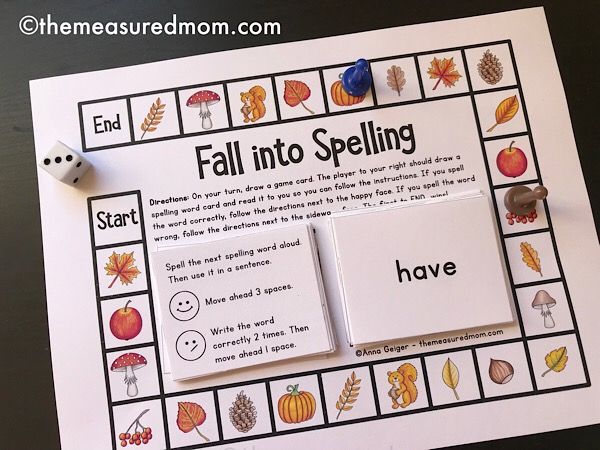 We recommend to have fun here for people with a level not lower than Pre-Intermediate-Intermediate.
We recommend to have fun here for people with a level not lower than Pre-Intermediate-Intermediate.
All games on this site are similar. As a rule, you are given the task of guessing a word and some kind of hint: a definition, a synonym, or an area to which the concept belongs. You have to guess the word and spell it, while you can make a limited number of mistakes. Try to expand your vocabulary and train your thinking!
8. English-online
On this page you will find a list of quite entertaining online games for learning English. All of them are quite simple and at the same time useful. On this site you can train people with a level of Pre-Intermediate and above.
Most of the games are aimed at learning and repeating the vocabulary of the English language, but here you will also find exciting tasks for placing articles, identifying parts of speech, etc. In addition, you can download some of the games on this page for free.
9. Cambridge English
Cambridge English's English learning games are said to be aimed at children, but we recommend that you brush up on your knowledge here if you are starting to learn English and are tired of the exercises from the textbook.